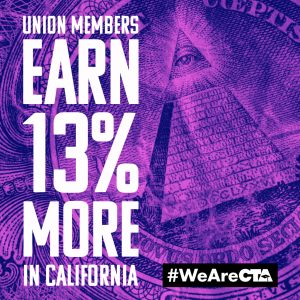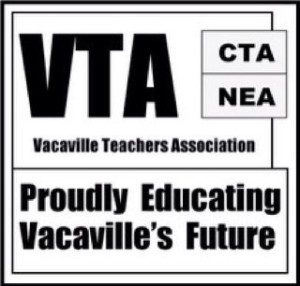By Ernest Kimme/ – TheReporter.Com
I find it so irritating when you know in advance that you will despise a person, yet when you finally meet them, they turn out to be articulate and funny and they make a lot of sense.
Michelle Rhee led the Washington, D.C., schools for three turbulent years. The schools were in bad shape. Only 50 percent of students graduated, most students were at least one grade level behind, and the district was burning through money.
Her job was to turn things around, and she was brutal. She immediately fired 36 poorly performing principals, 120 office staff, and closed 23 schools. She then turned to the teachers: Good teachers (love those standardized tests!) got big bonuses. Poor teachers — 250 of them — were fired.
She got results. Test scores in most subjects improved, graduation rates improved and enrollment increased.
However, people — even if they say they want it — do not like rapid change.
The teachers union was incensed. Parents near the closed schools were frustrated. Community leaders organized protests about her authoritarian style. In 2010, she was fired.
I listened to her as part of the Sacramento Speakers Series (highly recommended). She started by saying that teachers are the most important part of our education system. Then she asked, who speaks for the students in those classes with poor teachers?
She has started StudentsFirst, advocating education reform. She has pushed for weaker tenure laws, to make it easier to get rid of poor teachers. She believes teachers should be evaluated in many ways, including student scores on standardized tests.
Most controversially, she has spoken in favor of vouchers. Why, she asks, should a child be denied a good education, simply because the nearest good school happens to be private? Waiting for poor teachers to improve or mediocre schools to improve simply means, in her view, that those children spend several years getting a sub-par education.
It is hard to disagree with her. She is charming and sensical. She is a mother concerned about her children. She simply wants her children — as do we all — to have the best teachers and the best schools.
The devil is in the details. For example, we know that standardized tests do not paint a complete picture of a student’s learning. Yet Ms. Rhee used those scores to determine good and bad teachers.
So how do you identify good teachers? What are good teaching practices? What do good principals do? How do students really learn? What part do parents have in their student’s education?
There are real, fact-based answers to all of these questions, but we rarely see them. They are too occluded by opinions, half-truths and politics, even from charming and articulate mothers.




